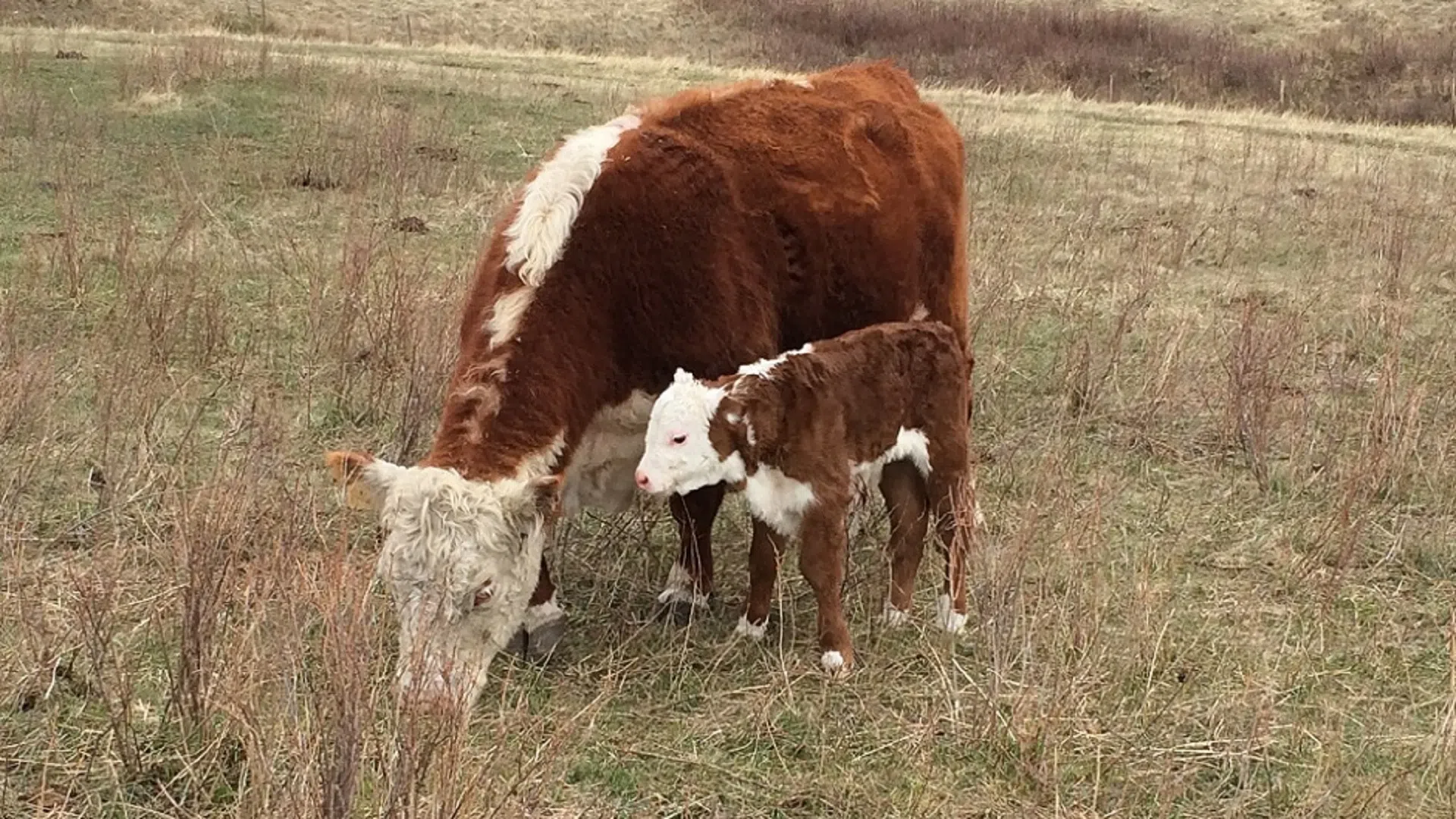
Federal Government outlines changes to animal transport regulations
OTTAWA — The Canadian Food Inspection Agency (CFIA) has released amendments to the Health of Animals Regulations on animal transportation.
The new regulations take effect in February 2020, allowing a one-year transition for the animal transport industry to prepare for the amended regulations.
An unprecedented number of proposed amendments came from consultations with farm groups, transporters, members of the public and interested groups. Over 51,000 comments came from more than 11,000 respondents.
The CFIA also took into account the latest research on animal transportation and international standards, to establishing clear and science-informed requirements, to establish regulations that reflect the needs of animals and improve overall animal welfare across Canada.


